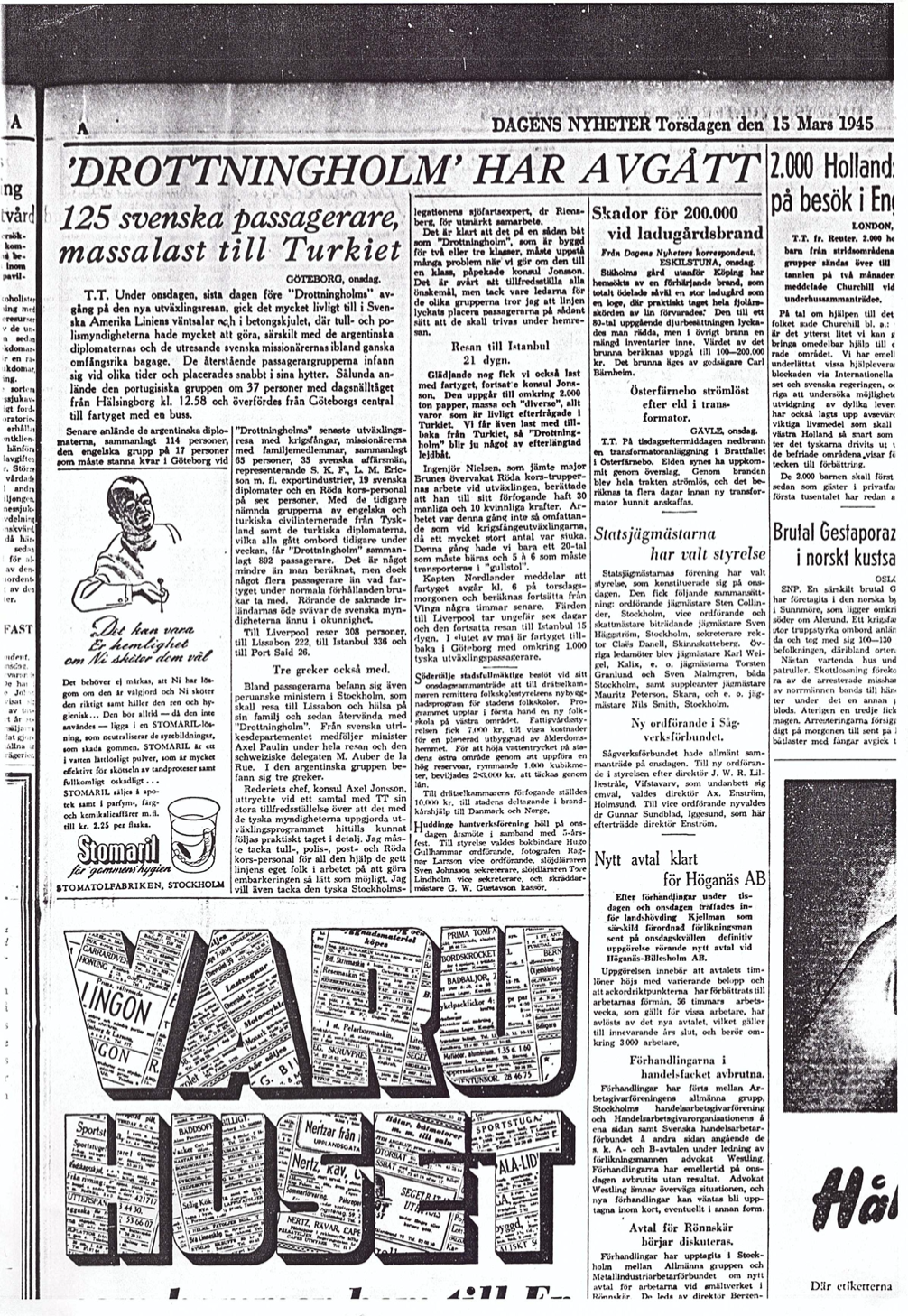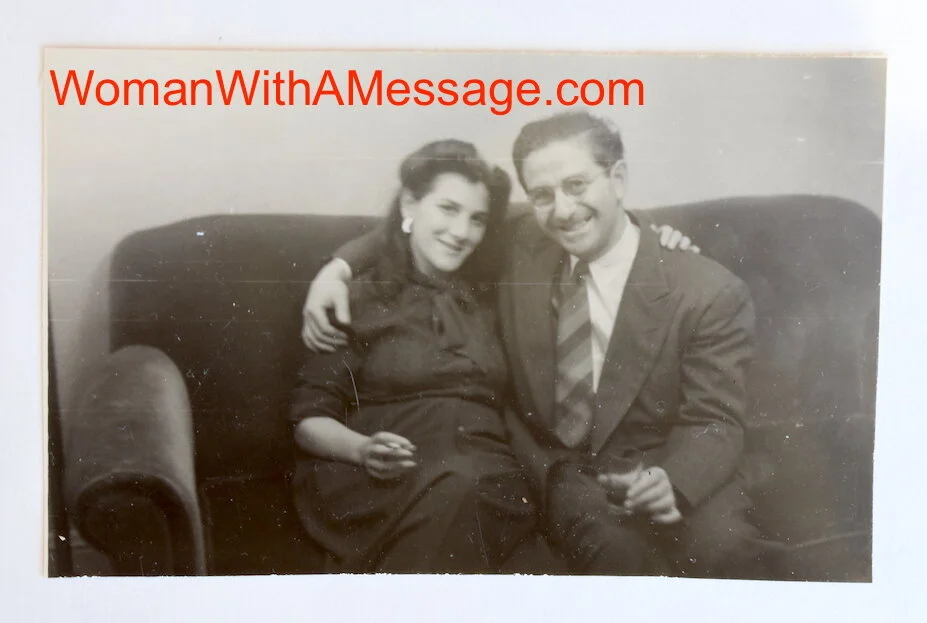Link to Family Tree to understand family relationships.
Today’s letter to Helene’s nephew Paul Zerzawy was written on the same date and has the same Clipper and censorship numbers as the letter posted yesterday, which makes me believe both letters were sent together. I organized and archived the papers based on recipient as well as where and when they were found. At that time, I didn’t understand that all of these letters belonged together and told parts of the same story. Therefore, I prioritized translation of Helene’s letters to her children over the documents I found in Paul’s box, never imagining how integral they would be. So these two letters were translated months apart and the “conversation” wasn’t obvious until I began looking at the letters by date.
#82 Vienna, 17 March 1941
My dear Paul! Your telegram on the affidavit, etc was certainly the answer to my letter of February 12th. I am blaming myself again, not that I overestimated the necessity and direness of our situation, but because I am causing you so much expense. I know from Hilda that you are working like crazy and when I imagine your weary, exhausted face and think about how many hours you must still torture yourself to earn money even to send a telegram, then I could just cry. I would have answered you with a prepaid answer telegram if it were possible in order to tell you about my health. So please don’t send a cable unless it’s really necessary. I do not want to make so much trouble for you. I have certainly not exaggerated, nor did I want to cause you unnecessary fear; but I believed that Robert or someone else had written about us, but since I had heard nothing from you I knew that you were either not informed about us or incorrectly informed. There is no place for reproach here. I certainly hesitated when it came to telling you about unpleasant things, but until November the postal service was fairly secure and it took 12-14 days for a letter to arrive. But after this time the Clipper letters were taking so long and sending a telegraph would have also been possible. I know that I wrote to you last year that I didn’t need any material assistance and that I would like to save the willingness of the relatives to help until the time for our departure. Now it has come and I must add to my request for ship tickets, namely tickets from Vienna so that we can get to the ship. We are not allowed to pay this with our own funds. I promised you on my honor at the time that I would tell you the naked truth. The point has come when I must swallow my pride and ask our relatives to stand by me. What it costs me, the effort to do this, you can well imagine. Not that I have any doubt about the generosity, but precisely because of it I find it so agonizing. As far as the second part of your telegram goes, you didn’t tell me anything new. We knew all this already, but it’s not true of all districts in the USA. But it’s tout égal to us, in other words we don’t care how we earn our living. It’s premature to rack our brains about that now and it’s kind of like the story of the two people from here who had a fight with each other. They had grown up together as friends and decided to buy a car together. They fought about it and they treated each other rudely because each of them thought he should be in the driver’s seat and neither wanted to sit inside the car. They fought until the stronger one said “you’re going to get off that coach box!” and then he k.o.’ed the other. But we don’t want to land over there with such an intent. I have figured out (!!) that you have received all of my letters and you will know what’s going on. If the post were running normally, you would not get such hurried news from us all at once. In closing Paul, I thank you for your willingness to help, your trouble, and last but not least I am sorry that I caused you such dark hours. And now it seems between our departure there are not hundreds of days but maybe thousands, measured by what’s going on. So please I ask you to forgive me for my inappropriate expressions of reproach and my unjust accusations. My disenchantment with Europe is the reason for everything and the excuse for it. Please greet all the loved ones from us and be kissed by
Helen
Helene says that the telegram she received must be in response to a letter from February 12. Despite the dozens of letters I have from Helene at that time, I don’t have a letter from that date. But we have seen letters addressing their situation and requesting that Paul reply by telegram, as well as the text of the telegrams that Paul sent.
Helene is much clearer with Paul about the direness of their situation in Vienna than she was in the letter to her children which I posted yesterday. She remains ever resilient and optimistic, certain she and Vitali will find a way to support themselves in America. As I read through the letters from this time, I am filled with “if onlys” – if only Helene had asked for help sooner, if only Paul had more resources at his disposal, if only…






































